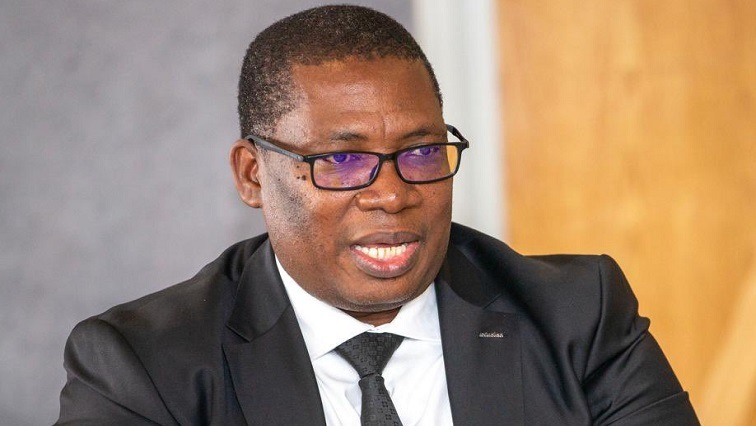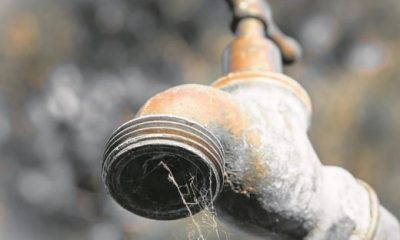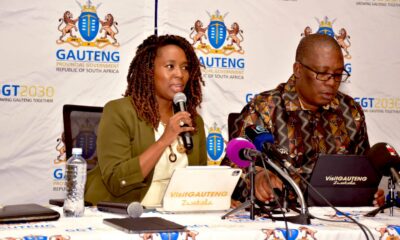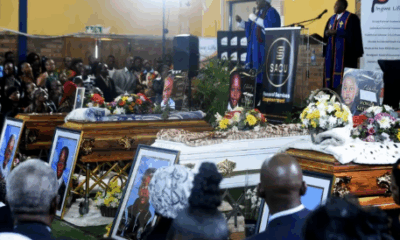News
Johannesburg Water Crisis: Premier Calls Urgent Meeting

Communities demand urgent answers
Johannesburg’s water crisis has spilt into the streets. Protests erupted this week in areas such as Westbury, Ebony Park, and Tsakane, where residents say they are tired of living without reliable water and basic services. In response, Gauteng Premier Panyaza Lesufi has called an emergency meeting to confront what he described as a critical situation.
The premier revealed he had already met with the Minister of Water and senior city officials but warned that stronger, united action was now required. “There is no single municipality that can claim it can resolve this,” Lesufi said. “We need to bring all of our resources together and attend to it immediately.”
Urgent response in a tense moment
The decision to pull together mayors, Rand Water, and provincial leaders underscores how serious the shortages have become. What began as sporadic outages has grown into a full-scale service delivery crisis, fuelling frustration across Johannesburg. For many households, taps have run dry, and communities feel abandoned.
Social media has amplified the anger. Videos of protesters blocking roads and carrying buckets have spread widely, turning local frustrations into a province-wide debate. The sense of déjà vu is unavoidable for Joburgers who recall years of electricity battles with Eskom. Now, water has joined the list of daily insecurities.
Pressure mounts ahead of the G20
The crisis comes at a sensitive time. In November, Johannesburg will host the G20 summit, with global leaders arriving to assess not only international policy but also the city’s ability to manage itself. Lesufi insists Gauteng will be ready. He pointed to progress on infrastructure, including an ambitious pothole repair programme that is already 80% complete, and gave electricity a perfect score for readiness.
Yet the timing of the protests highlights a contradiction. While the province races to polish highways and conference centres for the G20, ordinary residents are left queuing for water trucks. For critics, the contrast raises the uncomfortable question of whose needs come first: the visiting dignitaries or the communities living without basic dignity.
Beyond the summit: a bigger promise
Lesufi has promised that improvements will not end with the G20. He says the same urgency shown in preparing Sandton for foreign leaders must extend into townships, informal settlements, and hostels across Gauteng. “We want to beautify the entire province,” he said, stressing that the long-term vision includes fixing neglected infrastructure beyond the international spotlight.
Safety is another major concern. With global eyes on Johannesburg, the premier acknowledged that crime remains a persistent threat to both visitors and locals. “We want people that visit our city to come back with their families. We don’t want them confronted by crime,” he said.
What lies ahead
For now, residents are watching to see whether emergency meetings will bring tangible relief or more political theatre. The water crisis has become a test of credibility for the province’s leadership. With the G20 fast approaching, Gauteng faces twin pressures: impressing the world and answering to its people at home.
Also read: Johannesburg Father Risks Jail After Failing to Pay R722K Child Maintenance
Follow Joburg ETC on Facebook, Twitter, TikT
For more News in Johannesburg, visit joburgetc.com
Source: The Citizen
Featured Image: SAPeople



























